If team personnel, including drivers, test positive for COVID-19, it won’t force the cancellation of races, Formula 1 boss Chase Carey has said.
F1 is due to start its delayed season in July with a double-header weekend in Austria after confirming an eight-race European-leg of the 2020 season, which will also visit Hungary, Britain, Spain, Belgium and Italy.
Whilst procedures have been put in place to ensure F1 operates in the safest manner possible – which includes limited employee numbers, ensuring teams don’t mingle and are tested every other day – Carey says a positive case won’t force the cancellation of a race, even if it’s a driver.
“An individual having been found with a positive infection will not lead to a cancellation of a race,” he told the official Formula 1 website.
“We encourage teams to have procedures in place so if an individual has to be put in quarantine, we have the ability to quarantine them at a hotel and to replace that individual.”
Carey added that a team pulling wouldn’t be grounds to cancel a race either: “Some things we’d have to talk through and work through. The array of ‘what ifs’ are too wide to play out every one of them, but a team not being able to race wouldn’t cancel the race.
“I don’t think I could sit here and lay out the consequences. But we will have a procedure in place that finding infection will not lead to a cancellation. If a driver has an infection, [teams have] reserve drivers available.”
McLaren pulled out of the season-opening Australian GP, which led to other teams pulling out and ultimately the cancellation of the race, but this was prior to measures being put in place to protect staff.
Carey is confident the wide-ranging measures will be sufficient to ensure the paddock is protected.
“There is a rigorous set of guidelines, probably at this point it’s 80-90 pages, which will include everything from how do you travel there, what are the processes for being in hotels there to what are the processes that exist at the track, for meals, going to the restroom, downtime between tracks and testing processes.
“We will test before you go there, then there will be testing every two days. There are processes if we find an infection. We recognise there is the possibility so we’re prepared to appropriately deal with it, if we find a positive infection. We’re working on putting in place tracking capabilities, we have two different tracking options.”
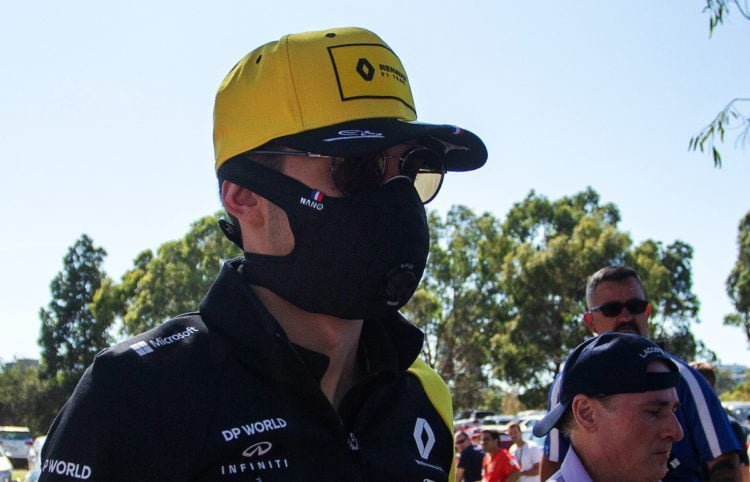
![Alpine Managing Director Steve Nielsen [pictured with Executive Advisor Flavio Briatore] is stern in his belief Mercedes has acted correctly](https://www.motorsportweek.com/wp-content/uploads/2026/02/Alpine-Steve-Nielsen-Flavio-Briatore-120x86.webp)

![Alpine Managing Director Steve Nielsen [pictured with Executive Advisor Flavio Briatore] is stern in his belief Mercedes has acted correctly](https://www.motorsportweek.com/wp-content/uploads/2026/02/Alpine-Steve-Nielsen-Flavio-Briatore-350x250.webp)
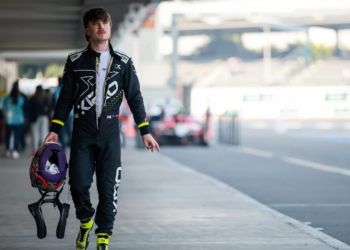
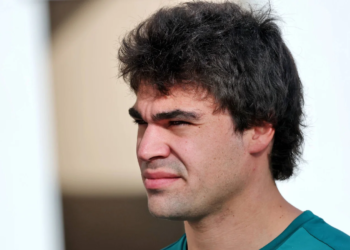
![Alpine Managing Director Steve Nielsen [pictured with Executive Advisor Flavio Briatore] is stern in his belief Mercedes has acted correctly](https://www.motorsportweek.com/wp-content/uploads/2026/02/Alpine-Steve-Nielsen-Flavio-Briatore-360x180.webp)
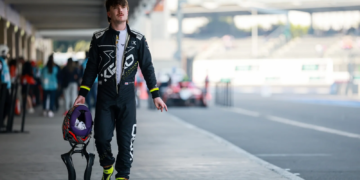
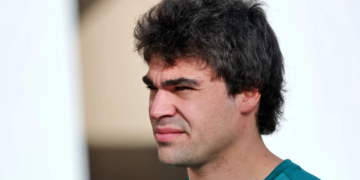
Discussion about this post